Sports symbols Page #5
This page lists all the various symbols in the Sports symbols category.
Symbols team logos and popular crests used in all kind of sports.
Symbols in this category:
Canberra Raiders Logo
The Canberra Raiders are an Australian professional rugby league football club based in the national capital city of Canberra, Australian Capital Territory. They have competed in Australasia's elite rugby league competition, the National Rugby League (NRL) premiership since 1982. Over this period the club has won 3 premierships, (out of 5 Grand Finals played), received 1 wooden spoon and had a total of 15 of its players (9 New South Wales Blues and 6 Queensland Maroons) selected to don the green and gold for Australia. The Raiders' current home ground is Canberra Stadium in Bruce. Previously, the team played home matches at Seiffert Oval in Queanbeyan, New South Wales, with the move to Canberra Stadium taking place in 1990. The official symbol for the Canberra Raiders is the Viking. The Viking, also a mascot at Raiders' games, is known as Victor the Viking.
Canterbury-Bankstown Bulldogs Logo
The Canterbury-Bankstown Bulldogs are an Australian professional rugby league football club based in Belmore, a suburb in the Canterbury-Bankstown region of Sydney. They compete in the National Rugby League (NRL) premiership, as well as New South Wales Rugby League junior competitions.
The club was admitted to the New South Wales Rugby Football League premiership, predecessor of the current NRL competition, in 1935. They won their first premiership in their fourth year of competition with another soon after, and after spending the 1950s and most of the 1960s on the lower rungs went through a very strong period in the 1980s, winning four premierships in that decade.
Carolina Hurricanes Logo
The Carolina Hurricanes are an American professional ice hockey team based in Raleigh, North Carolina, that competes in the National Hockey League (NHL). The Hurricanes are a member club of the league's Metropolitan Division in the Eastern Conference. The Hurricanes play their home games at the 18,680-seat PNC Arena. The franchise was formed in 1971 as the New England Whalers of the World Hockey Association (WHA), and joined the NHL in 1979 as part of the NHL–WHA merger, renaming themselves the Hartford Whalers. The team relocated to North Carolina in 1997 and won its first Stanley Cup during the 2005–06 season, beating the Edmonton Oilers, four games to three.
Carolina Panthers Logo
The shape of the Panthers logo was designed to mimic the outline of both North Carolina and South Carolina.The Panthers changed their logo and logotype in 2012, the first such change in team history. According to the team, the changes were designed to give their logo an "aggressive, contemporary look" as well to give it a more three-dimensional feel. The primary tweaks were made in the eye and mouth, where the features, particularly the muscular brow and fangs, are more pronounced, creating a more menacing look. The revised logo has a darker shade of blue over the black logo, compared to the old design, which had teal on top of black.
CD Alcoyano Logo
Club Deportivo Alcoyano, S.A.D. is a Spanish football team based in Alcoy, in the autonomous community of Valencia. Founded in 1929 it plays in Segunda División B – Group 3, holding home games in Estadio El Collao, with a 4,500-seat capacity. The team is also known by its name in Valencian, Alcoià.
A simile exists in Spanish which includes the name of this football club, "Tener más moral que el Alcoyano" ("To have more morale than Alcoyano"). The phrase possibly originated in the 1950s, when Alcoyano were losing a game by 0–13 at home but never gave up, still trying hard to score at the end of the match. However, this is disputed by some historians, with the origins being somewhat unclear.
CD Castellón Logo
Club Deportivo Castellón, S.A.D. is a Spanish football team based in Castellón de la Plana, in the Valencian Community. Founded in 1922, it currently plays in Tercera División – Group 6, holding home games at Nou Estadi Castàlia, which has a capacity of 16,000.
CD Condal Logo
Club Deportivo Condal was a Spanish football club based in Barcelona, in the autonomous community of Catalonia. Founded in 1934 and dissolved in 1970, it held home games at Camp de Les Corts, with a capacity of 25,000 spectators.
CD Leganés Logo
Club Deportivo Leganés, S.A.D. is a Spanish football team from Leganés, in the Madrid outskirts. Founded on 26 June 1928 it currently plays in the Primera División, holding home games at Estadio Municipal de Butarque, which seats 10,954 spectators.
Team colours are white shirts with blue stripes, and white shorts, which is a tribute to West Bromwich Albion recognised as one of the founders of the football league.
CD Logroñés Logo
Club Deportivo Logroñés, S.A.D. is a Spanish football team based in Logroño, in the autonomous community of La Rioja. Founded in 1940, it last played in Regional Preferente de La Rioja.
Due to financial problems, since 2009 the club has not played in any competition. The club, who appeared in nine La Liga seasons, was replaced by UD Logroñés and SD Logroñés.
CD Málaga Logo
Club Deportivo Málaga was a Spanish football club based in Málaga, in the autonomous community of Andalusia. It played twenty seasons in La Liga, before being dissolved in 1992.
CD Numancia Logo
Club Deportivo Numancia de Soria, S.A.D. is a Spanish football club based in Soria, in the autonomous community of Castile and León. Founded on 9 April 1945, it plays in Segunda División, holding home games at Nuevo Estadio Los Pajaritos, with a 9,025-seat capacity.
Besides football it has other departments in sports, such as volleyball, women's handball, and rhythmic gymnastics.
CD Tenerife Logo
Club Deportivo Tenerife, S.A.D. is a Spanish football club based in Santa Cruz de Tenerife, Tenerife, in the Canary Islands. Founded in 1912, it currently plays in Segunda División, holding home matches at the Estadio Heliodoro Rodríguez López, with a 23,660-seat capacity.
CE Europa Logo
Club Esportiu Europa is a Spanish football team based in the city of Barcelona in the district of Gràcia, in the autonomous community of Catalonia. Founded in 1907, it plays in the Tercera División – Group 5, holding home games at Nou Sardenya, with a capacity of 7,000 seats.
The club is best known for its football team who in 1929, along with city neighbours FC Barcelona and RCD Espanyol, were founder members of La Liga. During the late 1990s they won the Copa Catalunya twice in succession, on both occasions beating FC Barcelona in the final.
The club also has one of the oldest basketball teams in Spain and on 8 December 1922 they hosted Laietà BC in the first ever organised basketball game played in the country. During the 1920s the basketball team were also Catalan champions on two occasions.
CE Sabadell FC Logo
Centre d'Esports Sabadell Futbol Club, S.A.D. (Catalan pronunciation: [ˈsentɾə ðəsˈpɔr(ts) səβəˈðeʎ fubˈbɔɫ ˈkɫup]) is a Spanish football team based in Sabadell, suburb of Barcelona in the autonomous community of Catalonia. Founded in 1903, it plays in Segunda División B, holding home games at Estadi de la Nova Creu Alta.
The side has competed in national leagues since 1928, gaining its first promotion to the Segunda División in 1933 and then the La Liga in 1944. Sabadell's longest spell in the top flight was from 1965 to 1972, and their most recent from 1986 to 1988. They have reached one Copa del Rey final, which they lost 3–0 to Sevilla in 1935.
Celta de Vigo Logo
Real Club Celta de Vigo (Galician pronunciation: [reˈal ˈkluβ ˈθelta ðe ˈβiɣo]; Royal Club Celta de Vigo), or simply Celta Vigo or sometimes just Celta, is a Spanish professional football club based in Vigo, Galicia, currently playing in the Liga. It was founded on 23 August 1923 following the merger of Real Vigo Sporting and Real Fortuna Foot-ball Club. Nicknamed Os Celestes (The Sky Blues), they play in sky blue shirts and white shorts. The club's home stadium is Balaídos, which seats 29,000 spectators. Celta's name is derived from the Celts who were once present in the region. Its main rival is fellow Galician club Deportivo de La Coruña, with whom it contests the Galician derby.
Citation
Use the citation below to add this symbols category to your bibliography:
Style:MLAChicagoAPA
"Sports symbols." Symbols.com. STANDS4 LLC, 2024. Web. 30 Dec. 2024. <https://www.symbols.com/category/56/Sports+symbols>.
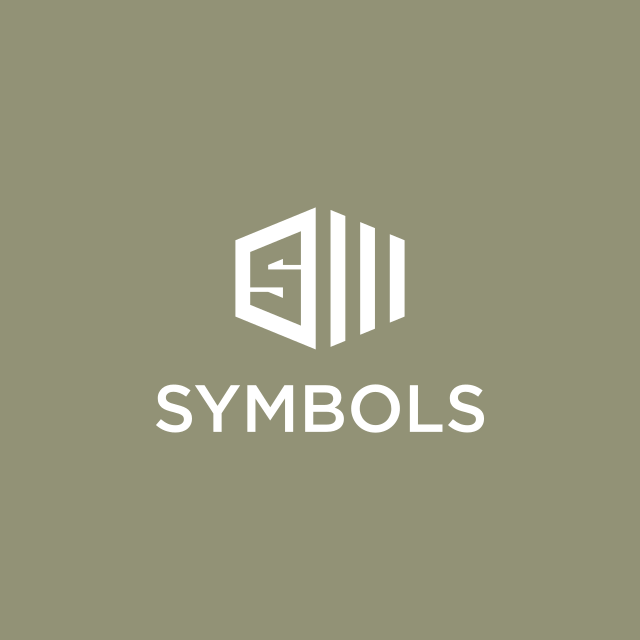
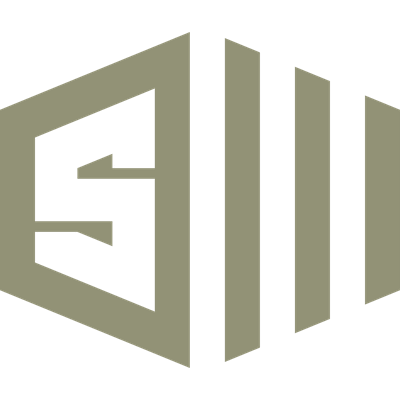
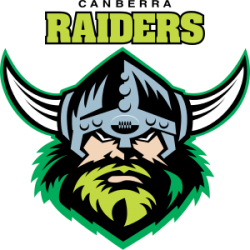
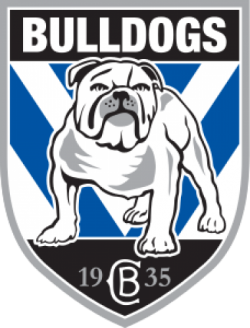
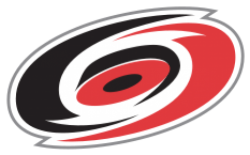
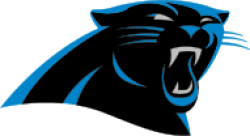
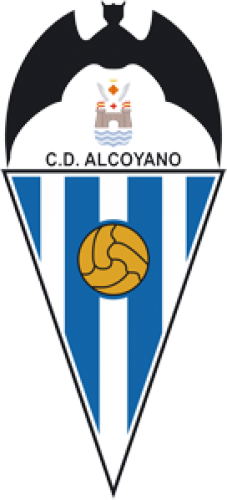
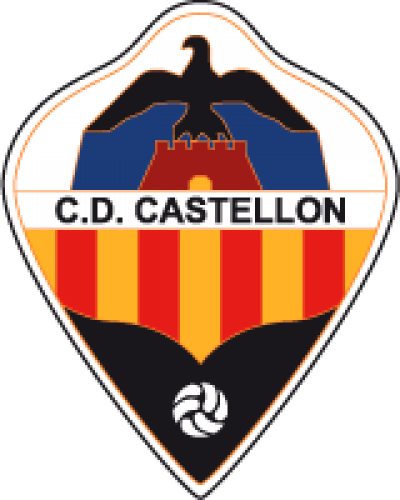
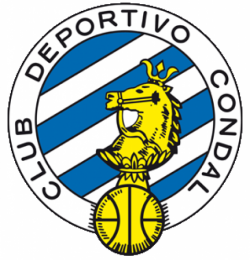
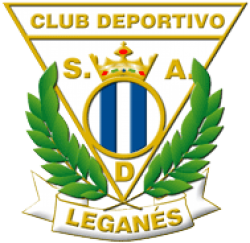
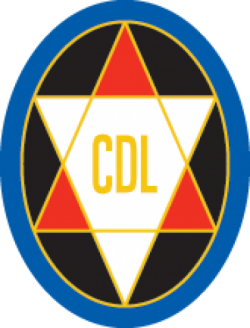
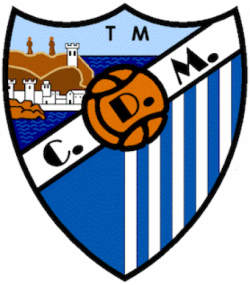
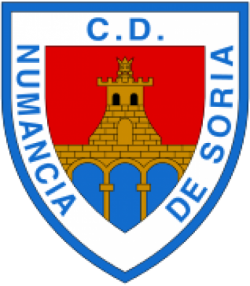
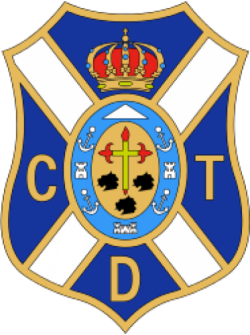
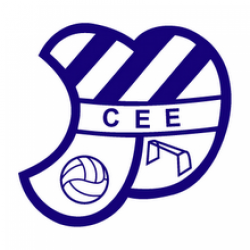
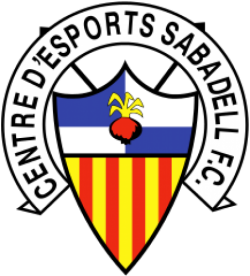
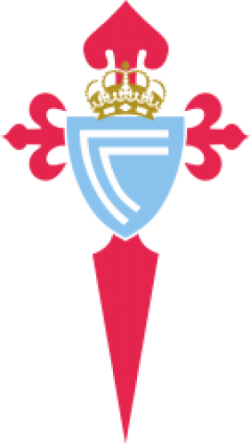
Have a discussion about the Sports symbols category with the community:
Report Comment
We're doing our best to make sure our content is useful, accurate and safe.
If by any chance you spot an inappropriate comment while navigating through our website please use this form to let us know, and we'll take care of it shortly.
Attachment
You need to be logged in to favorite.
Log In